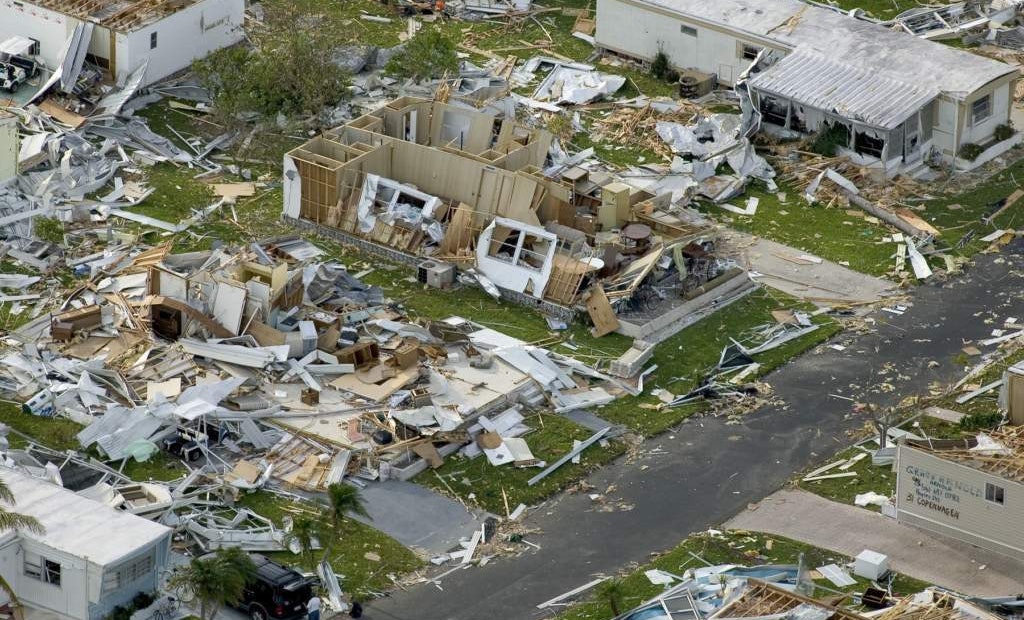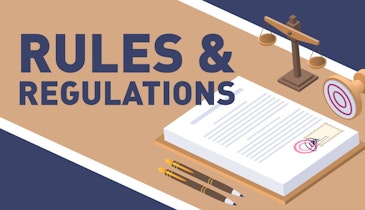The effects of a natural disaster are devastating, and survivors are often left with one basic question: Where will I live now?
Disaster response teams flock to the most affected areas to provide food, clothing and arrange temporary living assignments. As the days and weeks pass,...






